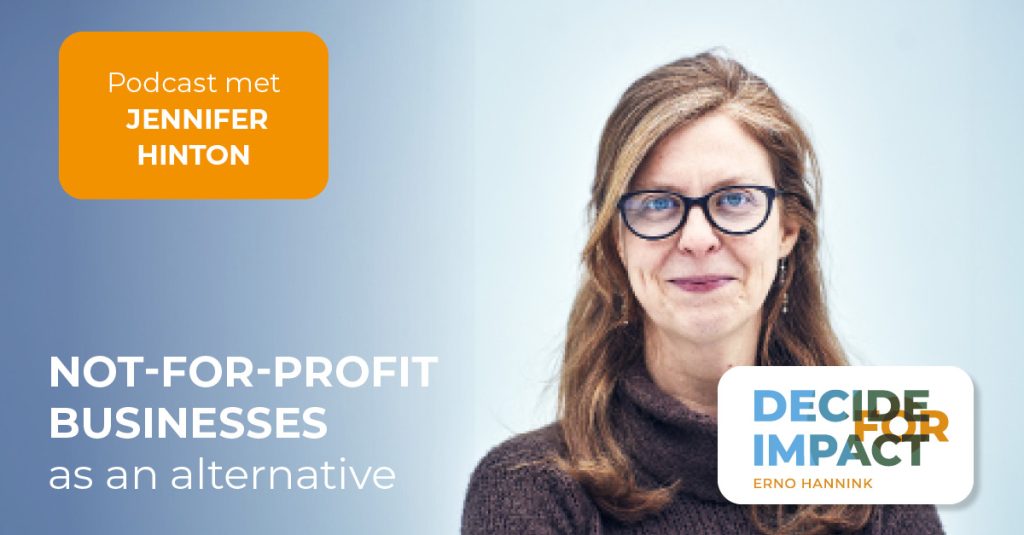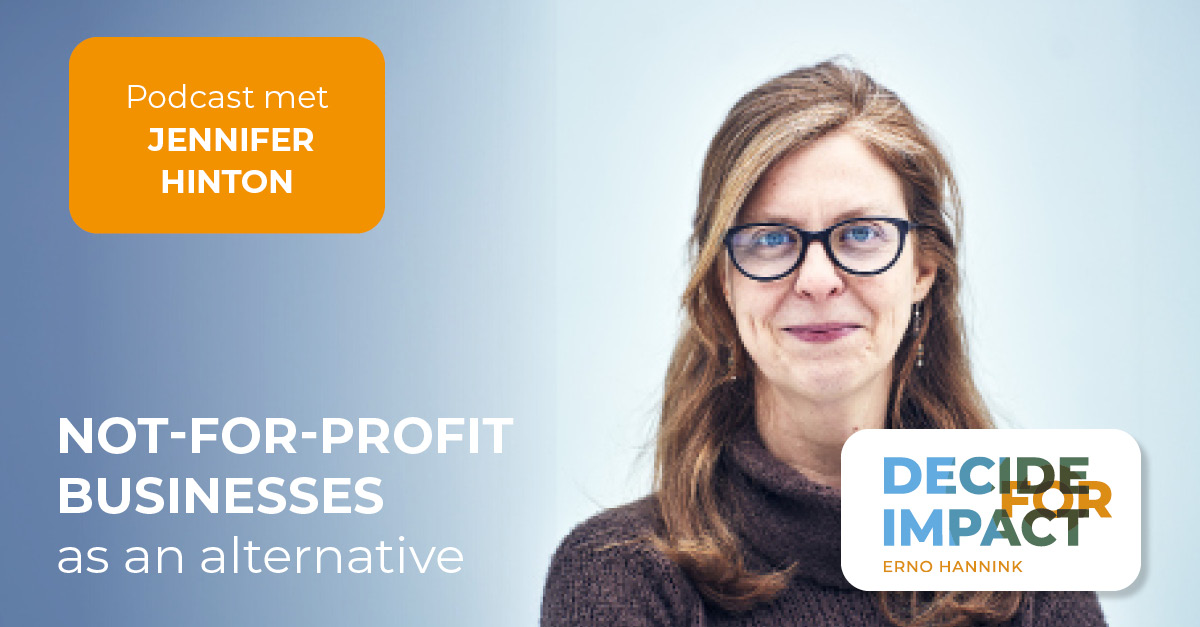
Today, we are learning from Jennifer Hinton.
Jennifer is a systems researcher and activist in the field of sustainable economy. Her work focuses on how societies relate to profit and how this relationship affects global sustainability challenges.
She developed relationship-to-profit theory, which explains how key aspects of business and markets drive social and ecological sustainability outcomes. She started developing this theory in the book How on Earth, which outlines a conceptual model of a not-for-profit market economy – the Not-for-Profit World model.
She holds a PhD in Sustainability Science from Stockholm University and a PhD in Economics from the University of Clermont Auvergne. As an activist, she collaborates with civil society organizations, businesses, and policymakers to transform the economy so that it can work for everyone within the ecological limits of the planet.
Let’s get started…
In this conversation with Jennifer, I learned:
- 0:00 Intro
- 04:45 Going to China and being confronted with environmental problems or sustainability issues.
- 07:50 Kept bumping into the tension between the environment and the economy.
- 09:10 Not-for-profit-business model.
- 11:15 Wake up moments by bumping into the harsh reality.
- 13:20 Spreading these wake-up moments as far and wide as you can and holding space for discussions.
- 16:55 Go for the low-hanging fruit—people who are on the fringes.
- 24:15 In complex systems change tends to happen in a non-linear way.
- 27:15 A smaller economy would be better for most people.
- 31:05 Difference between non-profit and not-for-profit-business.
- 32:25 Why non-profits are moving into the business space.
- 34:10 Not-for-profit businesses that did not continue.
- 36:30 The banking system has to go not-for-profit.
- 37:10 Examples of not-for-profit banks.
- 39:55 Who is going to be the factory of the world?
- 41:00 We have to redistribute the wealth that has been accumulated.
- 46:10 People from Europe who get job offers from the US with a high salary.
- 47:10 Money and consumption don’t equal well-being.
- 49:20 A more not-for-profit economy allows for re-localization.
- 54:00 The not-for-profit market and the state can work together so that everybody’s needs are met without destroying the environment.
- 55:00 The EU is funding projects that research degrowth.
More about Jennifer Hinton:
Books:
- Relationship-to-Profit: A Theory of Business, Markets, and Profit for Social Ecological Economics (jan 2021)
- How on Earth: Flourishing in a Not-for-Profit World by 2050 (aug 2016)
Other resources:
- Prosperity without growth – Tim Jackson
- The WellBeing Economy Alliance Sweden – The WellBeing Economy Allience Nederland
- Ideas for a grown-up economy – Katherine Trebeck
- The crisis of democratic capitalism – Martin Wolf
- Inner Development Goals
- Sustainable Development Goals
Video of the conversation with Jennifer Hinton
Watch here https://youtu.be/IfeKIs03cJ4

